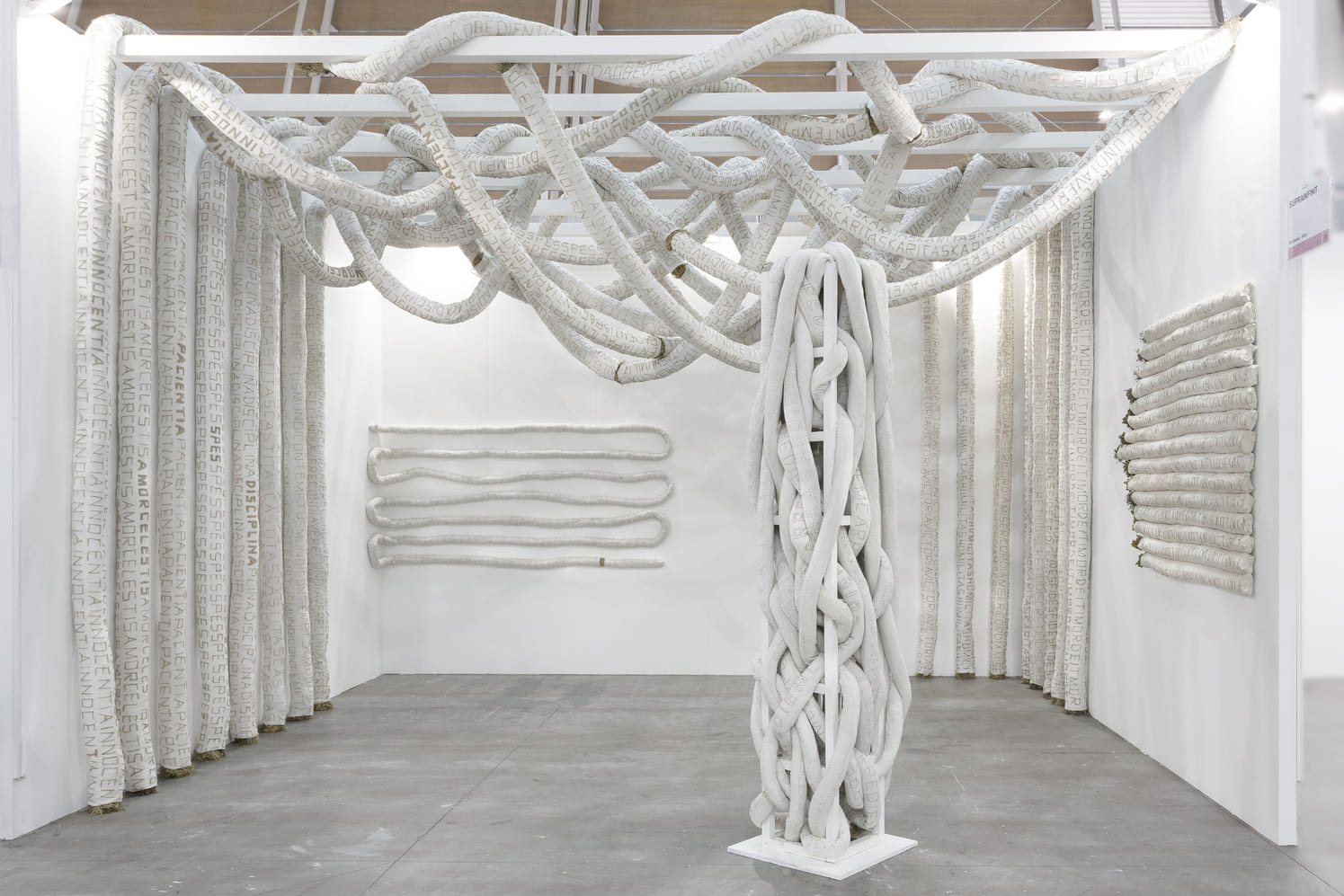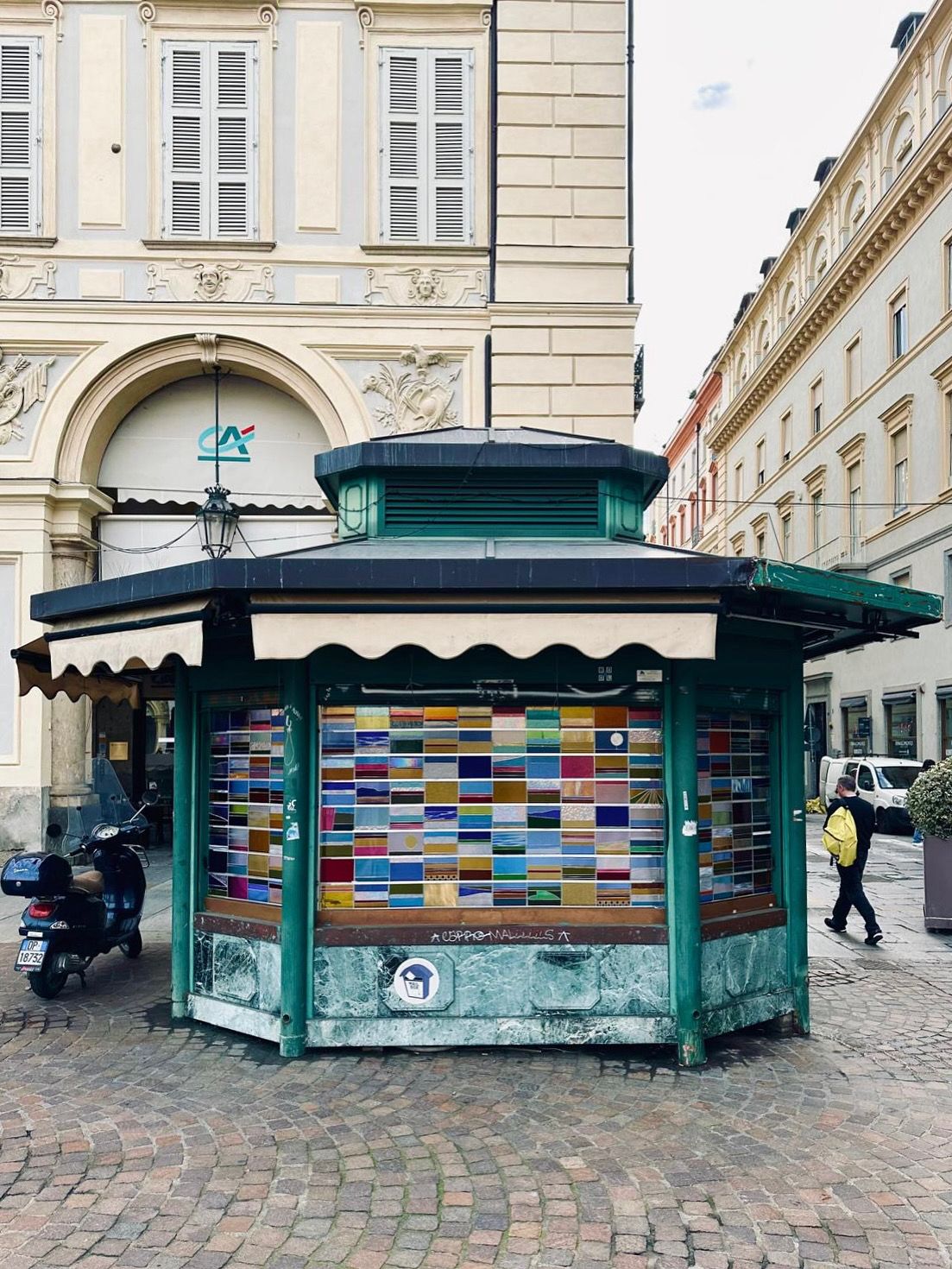
The history of Bucharest is not exclusively human. The second intervention of the specula group in the gallery vitrine, Of Canines and Concrete, investigates through a multimedia installation the interspecies relations between dogs and humans in the geographical and cultural context of Bucharest, departing from one of the local legends of the Mântuleasa neighbourhood. According to the myth, the cane fence that initially surrounded the Manta family's orchard in the 18th century was, over time, removed by passers-by who defended themselves from the neighbourhood’s "bad" dogs. Both everyday practices and urban modernisation projects have always depended on a wide variety of non-human agents affected by human urban transformation processes.
To counter a violent imaginary attached to stray dog communities, we need new speculative strategies and practices of recollection to re-articulate and dis-articulate the complex, canine-human history of the Mântuleasa neighbourhood and its surroundings in the present. The installation Of Canines and Concrete maps historical moments marked by violence and indifference, such as the period of massive euthanasia in the 2000s, as well as the affective encounters, companionship, care and love that participate in the construction of the everyday dynamics between dogs and humans.
specula group is an artistic and editorial collective based in Bucharest. Their work delves into documenting speculation as an important proposition for rethinking naturecultures, contaminating rationality with fantasy, science with imagination, knowledge with affects. The group is currently developing the decentralised editorial framework Specula Magazine, that encourages effort, error, vulnerability in the form of unfinished-middle-ing texts, translated theory from a reasoned form to a compassionate one, drawings sounds, impossible-to-end-essays, failed description of the worlds, future fictions and conlangs.
The installation Of Canines and Concrete represents a collaborative work made by members Irina Bobei, Mircea Andrei Florea, and Maria Persu.
The project was co-financed by The Bucharest Municipal Council via ARCUB, as part of the programme Affective Bucharest 2022. The content of this project does not necessarily reflect the official viewpoint of the Municipal Council of Bucharest or ARCUB.
Exhibition views












.jpg)
%20(1)%20(1)%20(1)%20(1).jpg)

